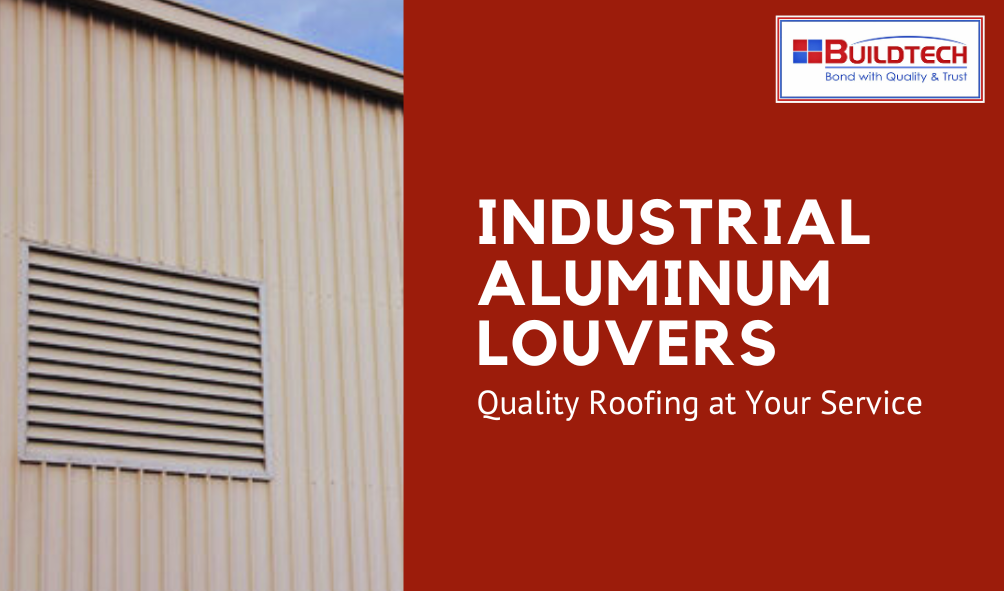The Importance of Louvers: A Comprehensive Guide for Industrial, Residential, and Small Business Owners
Introduction
Louvers are an essential architectural feature that plays a significant role in ventilation, aesthetics, and energy efficiency for various types of buildings. Whether in industrial settings, residential homes, or small business establishments, louvers provide numerous benefits that enhance indoor air quality and comfort. This article will explore the various types of louvers, their applications, and the reasons why they are vital for modern construction.
What Are Louvers?
Louvers are slatted or angled openings in a wall, roof, or window that allow air to flow in and out of a building while preventing rain, debris, and direct sunlight from entering. They can be made from various materials, including metal, wood, and plastic, and are designed to provide both functionality and aesthetic appeal.
Types of Louvers
- Metal Louvers: Metal louvers are commonly used in industrial and commercial applications due to their durability and resistance to harsh weather conditions. Made from materials like aluminum or galvanized steel, these louvers can withstand significant wear and tear, making them ideal for environments where longevity is essential.
- Industrial Louvers: Specifically designed for industrial settings, industrial louvers are engineered to facilitate ventilation in large facilities such as factories, warehouses, and manufacturing plants. They can handle high volumes of airflow and are often equipped with features to prevent the ingress of contaminants.
- Wall Louvers: Wall louvers are installed in exterior walls to provide ventilation for interior spaces. They are often used in conjunction with HVAC systems to improve air circulation and maintain comfortable indoor temperatures. Wall louvers can be designed to blend seamlessly with the building’s architecture, enhancing its overall appearance.
- Architectural Louvers: Architectural louvers are primarily used for aesthetic purposes while also providing ventilation. These louvers can be customized in various shapes, sizes, and colors to complement the design of a building, making them a popular choice for residential and commercial properties.
Benefits of Using Louvers
Improved Ventilation
One of the primary reasons for using louvers is to enhance ventilation within a building. By allowing fresh air to circulate and stale air to escape, louvers help maintain optimal indoor air quality. This is particularly important in industrial settings where machinery may produce heat and pollutants.
Energy Efficiency
Louvers can contribute to a building’s energy efficiency by reducing the reliance on air conditioning systems. By allowing natural airflow, louvers help regulate indoor temperatures, which can lead to significant energy savings over time. This is especially beneficial for small business owners looking to reduce operational costs.
Protection from the Elements
Louvers are designed to prevent rain, snow, and debris from entering a building while still allowing air to flow freely. This protective feature is crucial in maintaining the integrity of the building’s interior and preventing damage to equipment and furnishings.
Aesthetic Appeal
In addition to their functional benefits, louvers can enhance the visual appeal of a building. With various designs, colors, and materials available, property owners can choose louvers that complement their building’s architecture and create an attractive facade.
Noise Reduction
Louvers can also help reduce noise pollution by acting as a barrier to sound. This is particularly beneficial in industrial areas where machinery and equipment can create significant noise levels. By installing louvers, property owners can create a more comfortable and quiet indoor environment.
Applications of Louvers
Industrial Applications
In industrial settings, louvers play a critical role in maintaining proper ventilation and air quality. They are commonly used in factories, warehouses, and manufacturing plants to facilitate airflow and prevent overheating. Industrial louvers are often designed to handle high volumes of air and can be integrated with HVAC systems for optimal performance.
Residential Applications
Homeowners can benefit from louvers in various ways. Whether used in attics, basements, or exterior walls, louvers help improve ventilation and maintain comfortable indoor temperatures. Additionally, architectural louvers can enhance the aesthetic appeal of a home, making them a popular choice among residential builders and designers.
Small Business Applications
For small business owners, louvers can provide essential ventilation and energy efficiency benefits. Whether in retail spaces, offices, or workshops, louvers help create a comfortable environment for employees and customers alike. By improving air circulation, small businesses can enhance productivity and customer satisfaction.
Choosing the Right Louvers
When selecting louvers for a building, several factors should be considered:
- Material: The choice of material will depend on the specific application and environmental conditions. Metal louvers are ideal for industrial settings, while architectural louvers may be more suitable for residential applications.
- Design: The design of the louver should complement the building’s architecture and meet aesthetic preferences. Customizable options are available to ensure a perfect fit.
- Size: The size of the louver should be determined based on the airflow requirements of the space. Proper sizing is crucial to ensure adequate ventilation and energy efficiency.
- Functionality: Consider the primary function of the louver. Whether for ventilation, aesthetics, or noise reduction, choosing the right type of louver will ensure optimal performance.
Installation and Maintenance
Proper installation and maintenance of louvers are essential for their effectiveness and longevity. It is recommended to hire professionals for installation to ensure that the louvers are correctly positioned and sealed. Regular maintenance, including cleaning and inspections, will help prevent clogs and ensure that the louvers continue to function effectively.
Conclusion
Louvers are a vital component in modern construction, providing essential benefits in ventilation, energy efficiency, and aesthetic appeal. Whether for industrial, residential, or small business applications, understanding the importance of louvers can help property owners make informed decisions that enhance their buildings’ performance and comfort. By selecting the right type of louver and ensuring proper installation and maintenance, building owners can enjoy the numerous advantages that louvers offer for years to come.
So, contact us if you need product advice or want to discuss your project requirements.
#factory #supplier #performance #india #productions #thickness #avilablenow #manufacturing #ventilationlouvers #aluminumlouvers #steellouver #weatherlouvers #gravityairlouver #ventilationlouvers #exhaustfanlouvre #louver #buildtechroof

